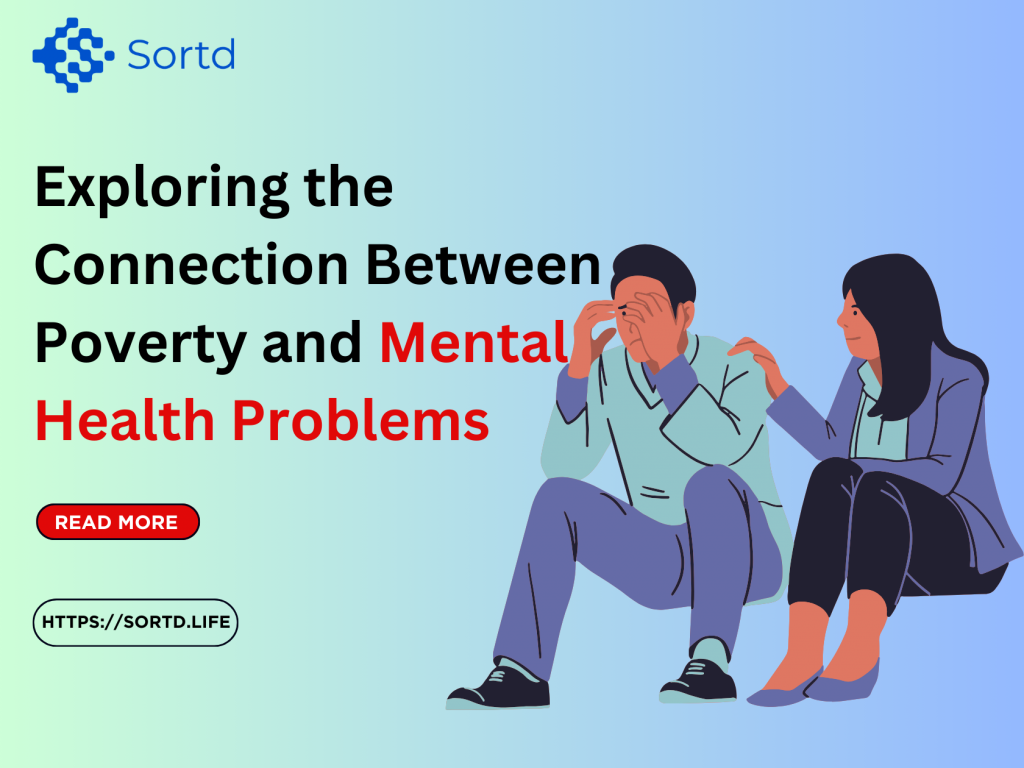
Exploring the Connection Between Poverty and Mental Health Problems
The intricate relationship between poverty and mental health problems is a multifaceted issue that deserves closer examination. In this exploration, we delve into the various dimensions of this connection, understanding how socioeconomic factors can impact mental well-being and exploring avenues for support and change.
1. Understanding the Link:
Socioeconomic Strain and Mental Health: Poverty can act as a stressor, contributing to mental health problems. Explore how financial strain, lack of resources, and limited opportunities intersect with mental well-being.
2. Impact on Access to Mental Healthcare:
Barriers to Treatment: Examine the challenges individuals in poverty face in accessing mental health care. From financial barriers to limited healthcare infrastructure, explore the disparities in mental health support.
3. Stigma and Mental Health in Poverty:
Breaking the Stigma: Analyze the stigma associated with mental health in impoverished communities. Understanding and dismantling this stigma is crucial for fostering a supportive environment.
4. Educational Disparities and Mental Health:
Limited Educational Opportunities: Explore the impact of limited educational opportunities on mental health. Discuss how educational disparities contribute to a cycle of poverty and mental health challenges.
5. Housing Insecurity and Stress:
The Role of Stable Housing: Investigate the connection between housing insecurity and mental health stressors. Stable housing is a fundamental factor in fostering mental well-being.
6. Community Support and Resources:
Building Supportive Communities: Discuss the importance of community support in mitigating the impact of poverty on mental health. Highlight existing resources and initiatives that aim to uplift impoverished communities.
7. Policy Interventions:
Advocacy for Change: Explore policy interventions addressing the connection between poverty and mental health. Advocacy for systemic changes is essential for creating lasting impact.
8. Empowerment Through Education:
Breaking the Cycle: Discuss how empowering individuals through education and skill development can break the cycle of poverty and improve mental health outcomes.
9. Cultural Sensitivity in Mental Health Support:
Tailoring Support to Diverse Communities: Recognize the importance of cultural sensitivity in mental health support. Tailoring interventions to diverse cultural contexts is crucial for effectiveness.
10. Creating Pathways for Change:
Collaborative Efforts: Discuss the need for collaborative efforts between mental health professionals, policymakers, and community leaders to create meaningful pathways for change.
Conclusion:
Understanding and addressing the connection between poverty and mental health problems requires a comprehensive and compassionate approach. By dismantling stigma, advocating for policy changes, and fostering community support, we can work towards breaking the cycle of poverty and improving mental health outcomes for all. Connect with the best Mental Health Counselor in London
